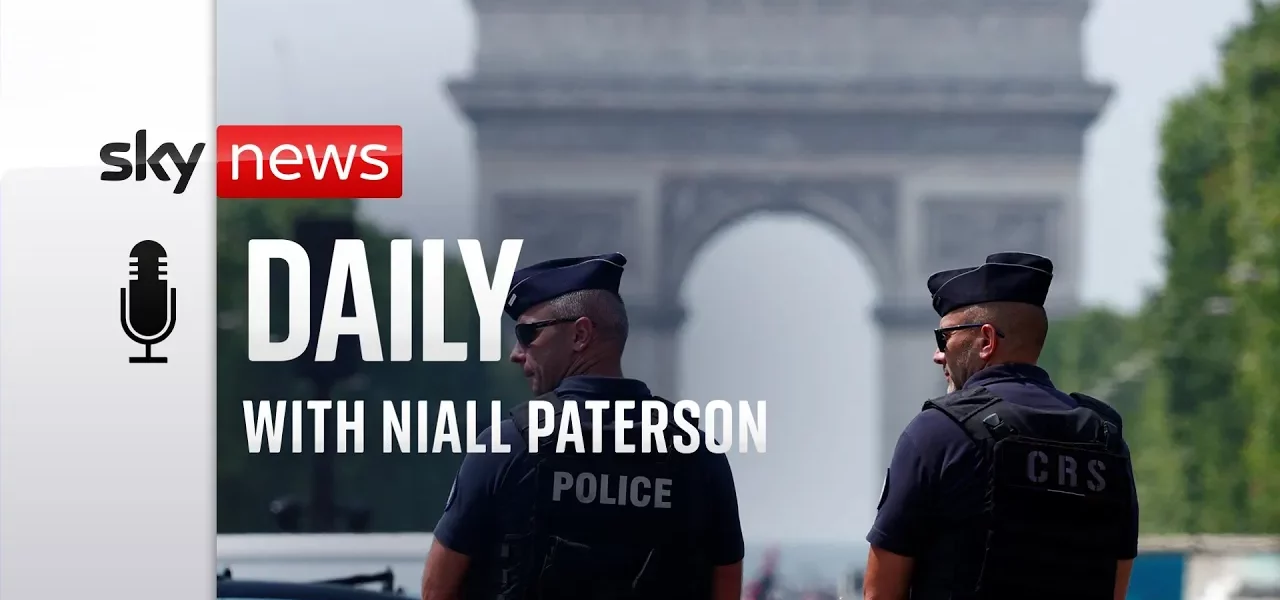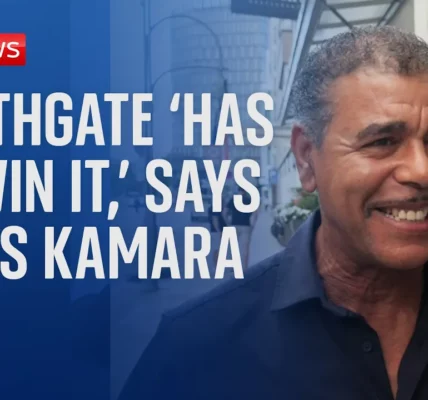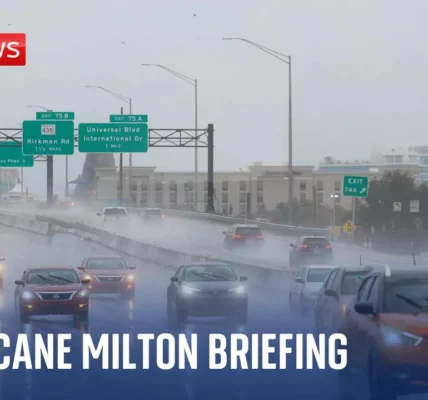The Paris Olympics: Security Challenges and Railway Attacks

As the anticipation builds for the Paris Olympics, unforeseen security challenges have emerged, including a series of attacks on the railway network. This article delves into the details of these incidents, the government’s response, and the broader implications for the Games.
Introduction
The Paris Olympics, set to be a grand celebration of sportsmanship and international unity, has been overshadowed by a series of alarming incidents affecting the city’s railway infrastructure. These attacks have not only disrupted transportation but have also raised questions about security preparedness and the safety of both athletes and spectators. This article aims to provide a comprehensive overview of the situation, analyzing the motivations behind these attacks, the French government’s response, and the implications for the Olympics as a whole.
Understanding the Railway Attacks
Recent events have highlighted a concerning pattern of attacks targeting the railway network in France, particularly in the lead-up to the Olympics. These incidents have prompted authorities to classify them as possible coordinated sabotage aimed at undermining the Games.
Details of the Attacks
Reports indicate that a series of attacks have caused significant disruptions across various high-speed rail lines, with images emerging of damaged cables in multiple locations outside Paris. Key points to note include:
- Attacks were reported across high-speed lines heading towards the Atlantic coast and the northeastern regions of France.
- One attack was foiled in the southeast when railway workers identified suspicious activity.
- Hundreds of thousands of passengers experienced disruptions in their travel plans.
Government Response
The French government has responded to these incidents with a sense of urgency, treating them as coordinated sabotage rather than isolated vandalism. This distinction is crucial, as it indicates a higher level of threat to national security.
Public Reaction and Sentiment
Public sentiment in Paris regarding these attacks has been mixed. While many express frustration and anger over the disruptions, there appears to be a general understanding that the blame lies with the perpetrators rather than the government or Olympic organizers.
Local Perspectives
Conversations with residents at railway stations reveal a range of emotions:
- Many commuters are accustomed to delays and cancellations, leading to a sense of resignation.
- There is noticeable anger towards the individuals responsible for the attacks, rather than the authorities.
Security Measures for the Olympics
In light of these attacks, the French authorities are implementing extensive security measures to protect the Olympics and ensure the safety of attendees.
Enhanced Security Protocols
The security operations surrounding the Olympics are among the largest in modern French history. Key measures include:
- Deployment of approximately 45,000 additional police and military personnel in central Paris.
- Implementation of a no-fly zone during the opening ceremony.
- Use of advanced surveillance systems to monitor train stations and key access points.
Challenges in Coordination
Coordinating such a massive security operation poses significant challenges. The French authorities must ensure that all agencies work seamlessly together to maintain security while allowing the festivities to proceed smoothly.
Conclusion
The attacks on the railway network in France have cast a shadow over the upcoming Paris Olympics, raising critical questions about security and public safety. As authorities work diligently to enhance security measures, the resilience of the Olympic spirit remains strong. The world is watching, and it is vital for the Games to proceed as planned, not only to showcase athletic prowess but also to demonstrate the strength and unity of nations in the face of adversity.
Stay informed about the latest developments regarding the Paris Olympics by visiting our related articles on security measures and event preparations.
“`




